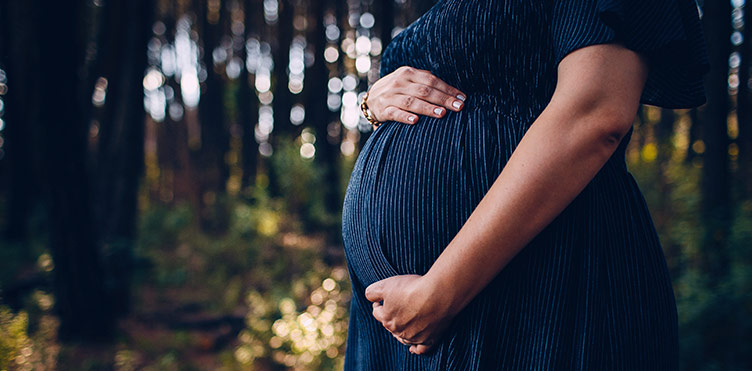Smoking and pregnancy

While you are pregnant, your unborn baby depends on you for everything. Every breath you take is your baby’s too. When you quit smoking, you avoid exposing your unborn baby to many harmful toxins, including carbon monoxide.
When you quit, benefits include:
- Lower risk of premature birth
- Lower risk of your child developing asthma, colds, and ear infections
- Lower likelihood of Sudden Infant Death Syndrome (SIDS)
- Increased oxygen to both you and your baby
- Increased chance of your baby having a healthy birth weight
Before pregnancy
Ideally, smoking cessation takes place before pregnancy. If you decide to become pregnant, you should also decide to quit smoking. If you have not quit smoking by the time you are pregnant, continue to try. Check with your doctor as some medications for quitting smoking are harmful for your baby.
Quitting smoking is the best gift you can give yourself and your new baby. It’s not easy, but you can do it.
When your baby is born
If even after the birth of your child, you have not quit smoking, it is still not too late to bring your child up in a smoke-free home.
Babies have little lungs and very small airways. Breathing second-hand smoke causes those tiny airways to get even smaller and breathing can be blocked or impaired. Babies and young children also breathe much faster than adults. Therefore, they inhale more air - and more second-hand smoke - than an adult.
Newborn babies immediately suffer from the destructive effects of parental smoking.
Breastfeeding and second-hand smoke
After birth a certain amount of nicotine will be ingested by the baby through breast milk and the baby becomes a passive smoker through exposure to second-hand smoke. If you are still smoking by the time you are breastfeeding, try to not smoke two hours before breastfeeding, and cut down on daily smoking.
Reduce the risk
Keep your home and car smoke free. Avoid homes or vehicles where smoking is allowed - second-hand smoke is one of the most harmful indoor air pollutants and can remain long after the cigarette is put out. Plus, toxins can linger in what is called third-hand smoke, the built-up residue of tobacco and other particles on floors, walls, curtains and furnishings.
